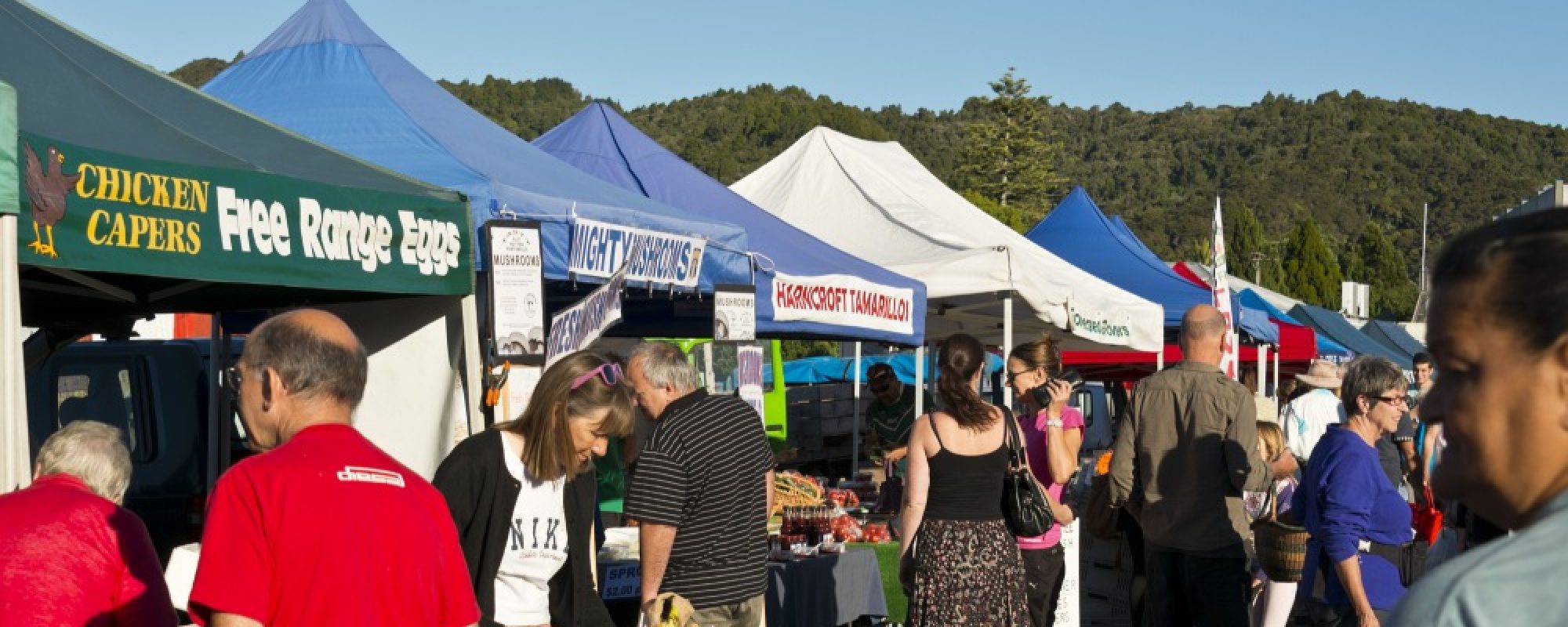The local food movement is active internationally and nationally, but to our knowledge, in New Zealand there is limited national engagement.
Local food initiatives are proliferating globally and offer significant economic, social and environmental gains for communities.
Growers continue to suffer from food chains dominated by international distribution and retail companies. Smaller growers are marginalised and, in Northland we have noticed older growers are often not replaced when they retire. Thankfully the farmers market movement and cooperatives offer some hope and have fired interest in local food. International experience reveals that replacing imported food with local food, creates a two to four times economic multiplier with similar increases in employment levels. A richer food ecosystem develops enabling new growers to emerge and collaboration around value add projects.
This video about Vermont’s “farm to plate” initiative identifies what can be achieved here through greater engagement and collaboration.
Better health outcomes are another outcome of a more vibrant local food system (also covered in this video). Over time, people will get better access to fresh food and less dependent on processed food.
Why engage nationally?
It could be argued that communities or regions with stronger local food systems may disadvantage their neighbours. But we can anticipate that a enhancing local food systems will strengthen the hand of local growers, distributors and outlets and loosen the grip that multinational companies have on production, distribution, food retailing and fast food chains. The current dairy crisis also illustrates the importance of diversifying production and marketing channels.
Consistent with of our mode of operation to date, we are not anticipating specific outcomes from better national engagement, as these will be an outcome of the engagement, but we do anticipate the identification of synergies, with a consequent optimisation of the resources available to us. The resulting collaboration will provide another strong voice to influence policy decisions of local and central government.
How can we collaborate?
We want to identify community thought leaders in every region, health district and TEI in New Zealand. NorthTec is supporting this initiative as a research project.
Stage one of the project will create a database of local food thought leaders across the nation. Contact details are sought for:
- at least 32 people (growers, food processors, schools and community), representing all 16 regions
- 20 people, either a Board member, or senior staff member from each of the 20 District Health Boards or other health organisations
- at least 15 researchers and/or academics from the 29 universities, polytechnics and wananga.
In stage two these contacts will be surveys to explore opportunities for collaboration. The resulting report will be fed back as a draft to respondents for comment and as a basis for further engagement and project development.
If you are interested, please comment below. We also welcome recommendations of others who are thought leaders in local food.

Hi, interested in this. Am working in a new role as Food Resilience Business Advisor for the Dunedin City Council (wondering if you should add local govt to your membership?). Looking forward to hearing from you.
LikeLike